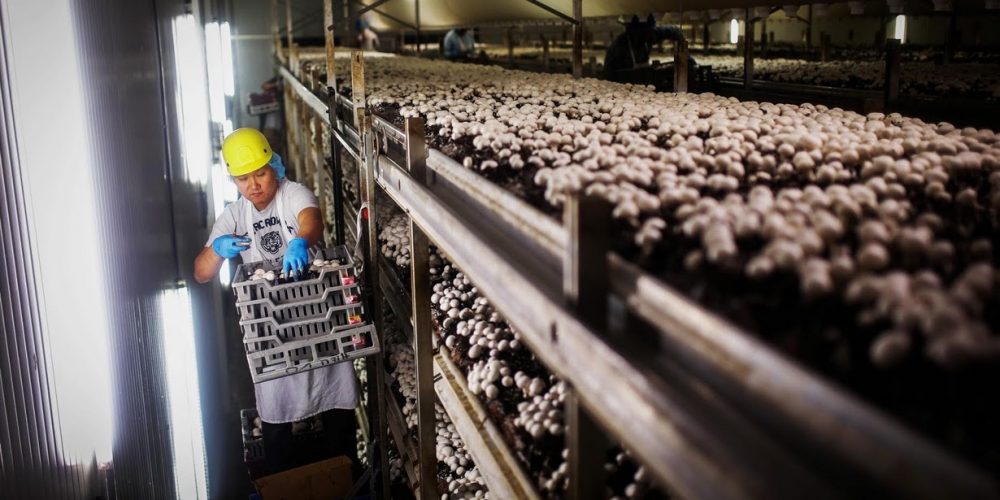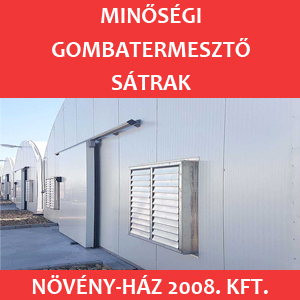Canada may delay implementing new restrictions on the use of foreign workers as farmers and meat processors warn of severe labor shortages in one of the world’s biggest agricultural exporters, the employment minister said. Employers have reported difficulty finding workers despite a 7.1 percent unemployment rate. Many Canadians resist jobs involving manual labor and rural living, a trend that has driven up labor costs and hurt productivity.
Employment Minister MaryAnn Mihychuk told Reuters the Liberal govement may delay the July 1 starting date for changes made by the previous Conservative administration, when low-skilled foreign workers can account for no more than 10 percent of an employer’s workforce. That is down from 20 percent currently and 30 percent in 2014. Highline Mushrooms lost 73 harvesters last spring, mostly because of a govement rule change in 2011 that foreigners who work in Canada for four years must then retu home for at least four years. It meant that last year, many Highline mushroom harvesters, including 40 percent of harvesters on one Ontario farm, headed back to Jamaica, Guatemala and Honduras. Some of the crop went to waste because there were not enough workers to pick.
“We take up to a year to train workers and then we know they will have to leave. When someone works for you for four years, they’re part of your family,” said Highline director of human resources Susan McBride. The gap between domestic workers and jobs on Canadian farms was 59,000 positions in 2014, of which foreign workers filled three quarters, according to Canadian Agricultural Human Resource Council. The gap will expand to 114,000 jobs by 2025, the council said, adding that vacancies currently cost farms C$1.5 billion ($1.19 billion) in lost sales and production.
Source, photo: Reuters












